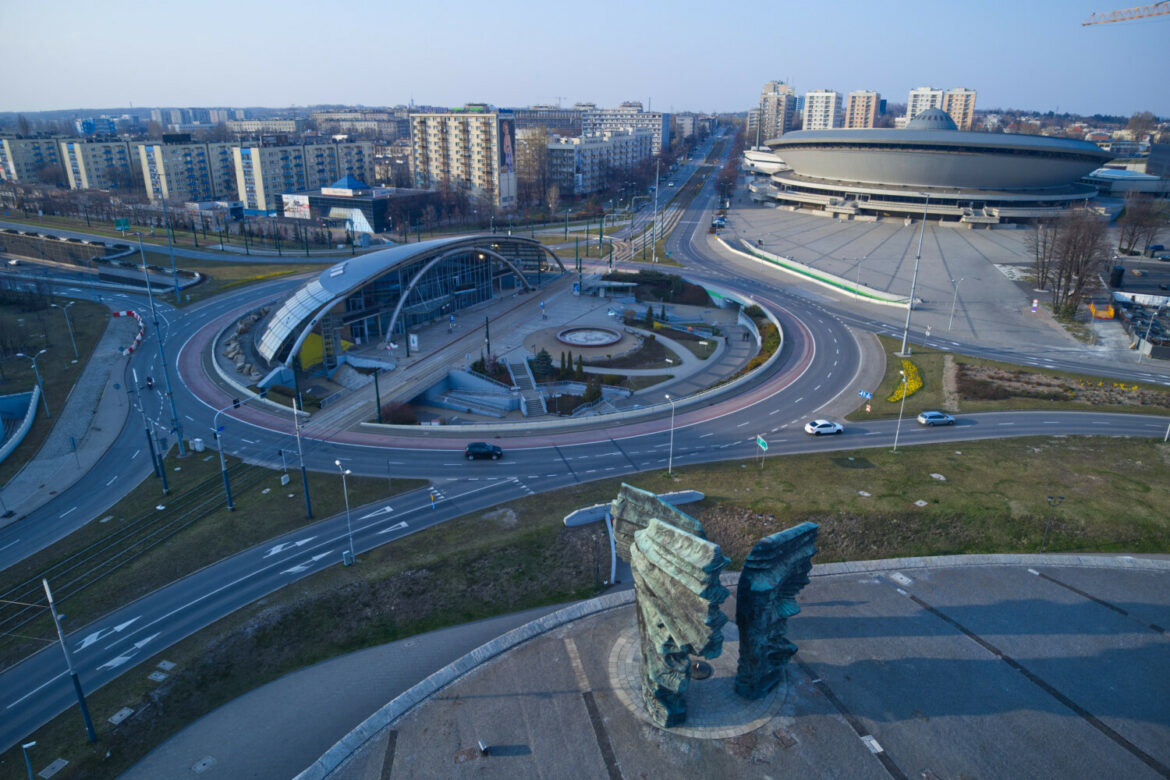The Minister of Education and Science, Przemysław Czarnek, talked to the authorities of Silesian universities about preparations for the organisation of events and side-events in connection with the granting, in December 2021, of the title of European City of Science to Katowice, which means that the greatest authorities of the world of science will visit Katowice in 2024.
Katowice is the first ever city from Central and Eastern Europe to be honoured with this title. This prestigious award was previously received by: Stockholm, Munich, Barcelona, Turin, Dublin, Copenhagen, Manchester, Toulouse, Trieste and Leiden.
Along with the award, the city received the right to co-organise the European Open Science Forum in 2022 and to host the European Open Science Forum in 2024 (EuroScience Open Forum 2024).
The event takes place regularly every two years and is dedicated to key scientific research and innovation for the future of the world. It will be one of the most prestigious science and technology events in the world.
Katowice submitted its candidature in 2021 together with the University of Silesia, and the efforts were supported by other Katowice universities.
“Science changes lives. But it must also be said that life is changed by science. Katowice, as the heart of the region, is an example of this. It is a city with cutting-edge technological projects, huge aspirations and great potential. The potential of science cooperating with industry, with entrepreneurs, with business. The science that opens up new perspectives for social and economic development”, said Prime Minister Mateusz Morawiecki after awarding Katowice the title of the European City of Science.
The title of the European City of Science is awarded to deepen the changes accompanying the transformation of society towards science. It aims to showcase the richness and diversity of the European scientific landscape and to promote self-education, scientific integration, interest in science among younger generations and the development of European research without borders.
Adrian Andrzejewski





